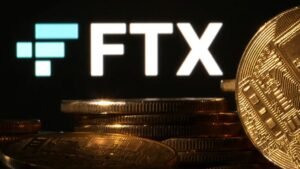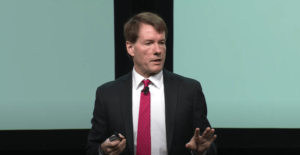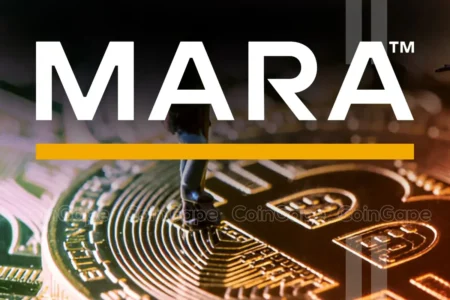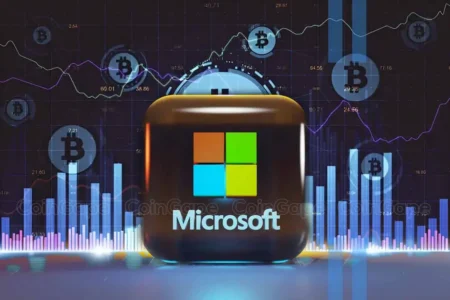Bitcoin advocate Anthony Pompliano has proposed that the United States allocate $250 billion for a Bitcoin Strategic Reserve. He suggested printing this amount and using it entirely to purchase Bitcoin as a financial safeguard against the devaluation of the dollar. Pompliano’s call to action comes as Bitcoin recently reached an all-time high of over $94,000. He believes that Bitcoin, with its limited supply of 21 million coins, serves as a powerful hedge against inflation. Pompliano has called for the U.S. to follow the lead of countries like El Salvador and Bhutan in adopting Bitcoin as a national financial asset.
Pompliano highlighted the growing interest among corporations in holding Bitcoin on their balance sheets, using MicroStrategy’s example to showcase how Bitcoin ownership could benefit entities facing currency devaluation. He argued that nation-states should also adopt this strategy to secure a substantial share of the finite digital currency. By investing $250 billion in Bitcoin, the U.S. could potentially acquire approximately 1.6 million BTC, making it the largest Bitcoin holder globally with a reserve of 1.8 million BTC. Senator Cynthia Lummis and President-elect Donald Trump have shown support for a Bitcoin Strategic Reserve, further fueling discussions about Bitcoin’s role in national reserves.
While Pompliano’s proposal has received support from some quarters, including financial institutions like VanEck, it has also faced skepticism. BlackRock, one of the world’s largest asset managers, has expressed reservations about the concept. Nonetheless, the proposal aligns with global trends as other nations explore similar strategies. In Poland, presidential candidate Slawomir Mentzen has advocated for a Bitcoin reserve, citing Bitcoin’s growing value and adoption as reasons to integrate it into national policy. These discussions coincide with Bitcoin’s price rise to an all-time high above $94,000, attracting increased attention from investors and policymakers worldwide.
Pompliano views Bitcoin as a tool to address the challenges of dollar devaluation and rising national debt. He believes that the U.S. must act quickly to secure a dominant position in Bitcoin ownership before other nations do. By creating a Bitcoin reserve, the U.S. could protect against currency debasement and potentially strengthen its financial health in the future. Prominent figures like Robert F. Kennedy Jr. and MicroStrategy Chairman Michael Saylor have also endorsed daily Bitcoin purchases as part of broader financial strategies. The momentum towards integrating Bitcoin into national reserves signals a shift towards recognizing its value as a financial asset.
In conclusion, Anthony Pompliano’s proposal for the U.S. to allocate $250 billion for a Bitcoin Strategic Reserve highlights the increasing interest in adopting Bitcoin as a financial asset on a national level. While his call to action has received mixed reactions, it aligns with global trends as other countries explore similar strategies. The potential impact of investing $250 billion in Bitcoin could position the U.S. as the largest Bitcoin holder globally, providing a hedge against inflation and currency devaluation. As Bitcoin continues to gain traction among investors and policymakers, discussions around its role in national reserves are likely to intensify, shaping the future of digital assets in the global financial landscape.

















